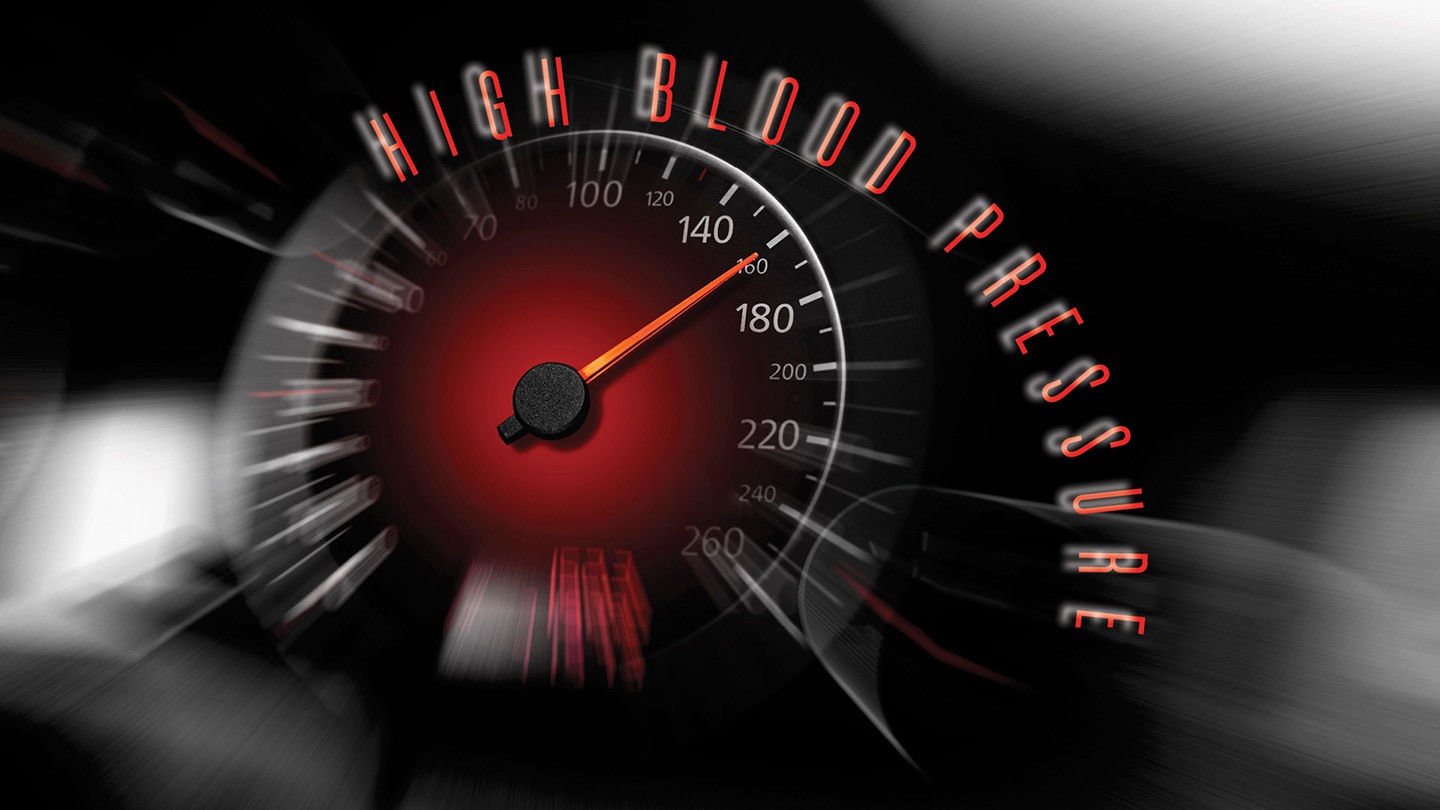Medical
Reduce High Blood Pressure With This Doctor’s Rx
High blood pressure is a ticking bomb. To reduce blood pressure, watch out for its symptoms, improve your diet, cut back on salt and practice self-care in the form of exercise and meditation. Of course, don’t skip your medication.

According to Indian Heart Journal, there is a high prevalence of hypertension, with almost one in every three Indian adults affected. “One of the chief reasons for the severity of the problem, one, is the lack of awareness and two, is the Indian diet,” says Dr Tarun Sahni, internal medicine physician, Indraprastha Apollo Hospitals Delhi.
Uncontrolled high blood pressure can lead to discomfort such as dizziness or nausea, but if left untreated has a potential to cause severe problems such as brain stroke or heart attack. There are further complications with hypertension including coronary heart disease (CHD), renal failure, peripheral arterial disease and even death (stroke-related).
“If you know that you have a high BP and are experiencing any warning symptoms such as shortness of breath, chest pain, numbness, loss of vision, difficulty speaking, severe headache, you should immediately visit a doctor,” says Dr Sahni.
What Are Some Signs Of High Blood Pressure?
High blood pressure or hypertension is defined as having a consistent blood pressure higher than 140 mm/Hg systolic and/or 90 mm/Hg diastolic.
Elevated blood pressure is having a consistent blood pressure higher than 130 mm/Hg systolic and/or 80 mm/Hg diastolic.
Elevated and high blood pressure can have many undercurrent symptoms which you should pay attention to. The major signs of blood pressure are dizziness, hypertension, headache at back of the skull, fatigue or confusion, weakness, especially in extremities such as lower legs and arms, nausea and arrhythmia or heart palpitations.
So, What Causes High Blood Pressure?
The reasons for hypertension include intake of excess sodium. The other reasons, as Dr Sahni points out, are using tobacco, physical inactiveness, family history and genetics, age, obesity or an underlying medical condition.
“If you have thyroid problems, adrenal gland tumors, kidney disease, lung problems, obstructive sleep apnea or by-birth defect in blood vessels, all these could cause hypertension,” says the doctor.
Certain medications such as birth control pills, over-the-counter pain relievers, cold remedies, decongestants and illegal drugs such as cocaine can as well cause high blood pressure.
“Men are at greater risk for cardiovascular and renal disease—when having high blood pressure—than age-matched, premenopausal women,” says a study Gender differences in the regulation of blood pressure.
How to Manage High Blood Pressure
Thankfully, there is a systematic medical diagnosis, and both “drug and a non-drug therapy” to bring down blood pressure. Some of the commonly recommended tests to confirm high blood pressure include lab tests (urinalysis, cholesterol), ECG, and echocardiogram. “We also often go for ambulatory monitoring, a 24-hour blood pressure monitoring test that measures BP at regular intervals over a 24-period-hour—giving an accurate picture,” says Dr Sahni.
Once the test results are out, the doctor prescribes medicines, measures, or a combination of both to chart an effective treatment plan. Some of general medications used to treat high blood pressure include diuretics (chlorthalidone, hydrochlorothiazide), calcium channel blockers (amlodipine, diltiazem), aldosterone antagonists (spironolactone and eplerenone), angiotensin-converting enzyme (ACE) inhibitors and angiotensin II receptor blockers (ARBs) explains Dr Sahni.
Change in lifestyle such as having a heart-friendly diet (fresh fruits and vegetables, soluble fiber, omega-3 fatty acids), practicing regular aerobic physical activity, maintaining a healthy BMI and limiting the intake of alcohol and tobacco falls the first line of defence. According to a journal Cardiology Explained, increasing fruit and vegetable intake can improve blood pressure via an effect on potassium; in combination with a low-fat diet, this can reduce blood pressure by up to 11/6 mm Hg.
Further, acupressure on the Taichong acupoint (located on your foot about two finger widths above the place where the skin of your big toe and the next toe join) could lower systolic and diastolic BP in patients with hypertension for at least 30?min says Evidence Based Complementary Alternative Medicine.
Adding dietary fibre and protein to the diet, as well, helps reduce high blood pressure. “Replace your dietary carbohydrate with dietary protein. It can reduce blood pressure by 2.27/1.26 mm Hg for vegetable protein and 2.54/0.95 mm Hg for animal protein,” quotes Archives of Medical Science.
Often, the sauces, curries, gravies, soups in an Indian plate have excess levels of sodium. Excess salt stiffens and narrows the blood vessels. “Oxygen and blood flow to different organs decreases. As a result, your heart tries harder to pump blood in the body, causing hypertension or high blood pressure,” explains Dr Sahni. “Elevated blood pressure for a consistent period of time exhausts your heart, weakening the heart muscles”. As a remedy it is important to embrace the WHO’s recommendation that asks to consume not more than 5 grams (.8 tsp) of salt in a day. “Sleep well, eat more potassium, do yoga and squeeze out your stress. These can naturally help lower your blood pressure,” says Dr Sahni.
EXPLORE MORE
What today’s health priorities really look like — straight from our community
One assessment. Personalised advice. Ongoing support.
The start of the year is the perfect time to reset your health. These screenings can catch silent risks early and help you plan a healthier 2026.
Struggling to conceive with PCOS? The problem isn’t you, it’s PCOS. Here’s what to know.










